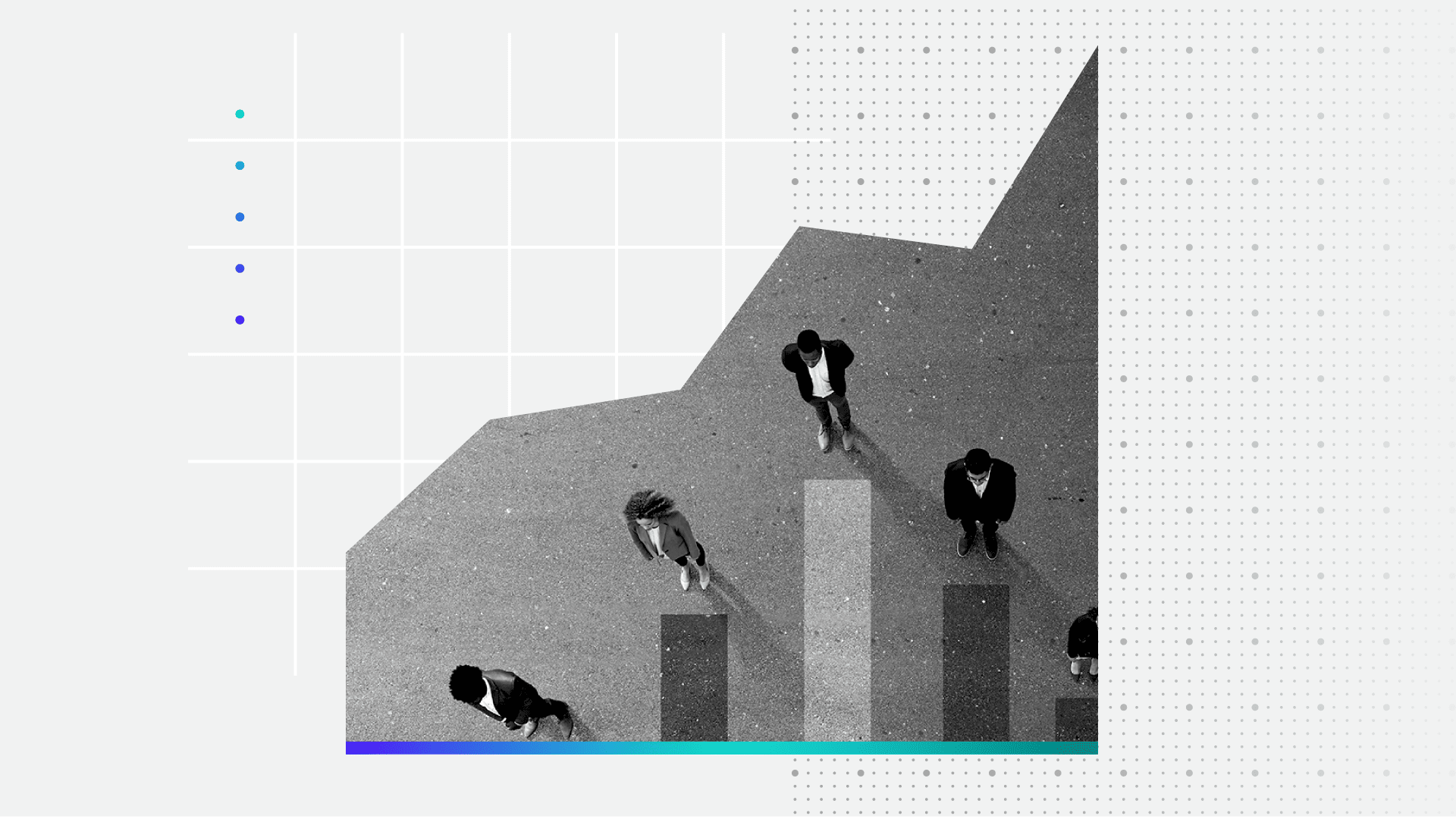Employment Inequality Across Education Levels Narrows in the Post-Pandemic World

Key Takeaways
The hot U.S. labor market has been slowly cooling: job openings are down while jobless claims and the unemployment rate are up.
In recent weeks, Morning Consult’s unemployment index has stayed just above a neutral level, further suggesting loosening in the tight jobs market.
Employment gaps among education levels have narrowed since 2021 – workers with less than a college degree have benefitted the most from post-pandemic labor dynamics.
The labor market is cooling but isn’t ringing alarm bells
The persistent strength in the U.S. economy has been in part fueled by a strong labor market – in the face of high inflation, consumers continued to spend, sustained by robust demand for workers. But after 11 rate hikes by the Federal Reserve beginning in March 2022, the labor market is showing signs of cooling. Although job openings ticked up higher than expected in May, in the previous month they reached a three year low. Jobless claims were also up in May, reaching their highest level since year-end 2021.
The unemployment rate measured by the Bureau of Labor Statistics remains near historical lows, but has slowly been creeping up, reaching 4% in May for the first time since late 2021. Morning Consult’s Unemployment Index also has indicated a slowing labor market, recently increasing to stay above a score of 100 for the past seven weeks, where 100 represents a neutral level.
These signs of softening within the labor market needn’t be a cause for concern yet. For example, although unemployment has been slowly increasing, a 4% unemployment rate is still relatively low and indicative of a healthy economy. In addition, growing unemployment could be due to gains in the labor force participation; in other words, workers who had given up on finding a job are re-entering the market. In addition, other data shows workers are continuing to do relatively well, like Morning Consult’s lost pay and income tracker, which remains near a series low.
Post-pandemic employment gains primarily benefited less educated workers
Before Morning Consult’s Unemployment Index started its recent upward trend in late 2023, the index scores declined from 2021 onwards, for the most part sustaining a level below 100, indicating low levels of unemployment and a tight labor market. For U.S. adults overall, the Unemployment Index reached a low of 82 in August 2023. However, employment gains differed by demographic groups, particularly education.
Workers with a college degree or higher experience have lower levels of unemployment, followed by those with some college education and those with only a high school degree. But over the past few years, these gaps have narrowed.
After pandemic-era shutdowns in the economy, as vaccines were rolled out in 2021 and many Americans began returning to normal economic activity, demand for services and experiences like eating out at restaurants and traveling were particularly high, even above and beyond a pre-pandemic normal. As a result, the supply for labor could not keep up with the surge in demand, fueling high levels of wage growth for service workers. In fact, workers at the bottom percentile of income experienced some of the largest gains in wages, reducing wealth inequality. In Morning Consult’s data, the Unemployment Index decreased most for those with some college educations followed by those with a high school degree or less.
Recent increases in unemployment have most impacted workers with a college degree or higher
Since the Unemployment Index began growing again in August 2023, lesser educated workers again experienced better outcomes, this time with an even greater magnitude: the percent change in the Unemployment Index for those with a high school degree or less has been 17%, 12 percentage points less than those with some college education and 25 percentage points less than those with a college degree or more.
Not only did lesser educated workers benefit more from the job gains brought on from a hot U.S. labor market beginning in 2021, as the labor market cools in 2024, workers with less education are continuing to see improved outcomes relative to their higher educated peers. As a result, discrepancies in Unemployment Index scores among workers from different education levels have narrowed: the difference in the Unemployment Index between those with a high school degree or less and those with some college education declined by 9 points from January 2021 to today and the difference between those with some college and a college degree or more declined even more by 16 points. In other words, over the past three years, unemployment rates by education level have moved closer, creating more equality in employment outcomes.
While decreased inequality is something to celebrate, elevated unemployment rates for higher educated adults presents downside risks. Higher educated workers tend to also be higher income – and high-income earners have been propping up a large part of spending growth in the past year. If higher educated and wealthier Americans continue to see sustained growth in unemployment, we could have dampened spending and a slower economy ahead.
Sofia Baig is an economist at decision intelligence company Morning Consult, where she works on descriptive and predictive analysis that leverages Morning Consult’s proprietary high-frequency data. Previously, she worked for the Federal Reserve Board as a quantitative analyst, focusing on topics related to monetary policy and bank stress testing. She received a bachelor’s degree in economics from Pomona College and a master’s degree in mathematics and statistics from Georgetown University.
Follow her on Twitter @_SofiaBaig_For speaking opportunities and booking requests, please email [email protected]